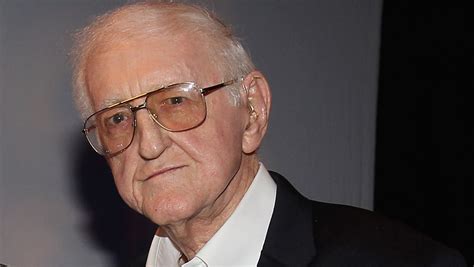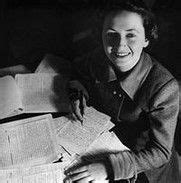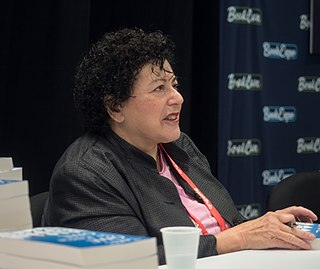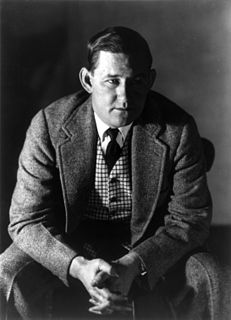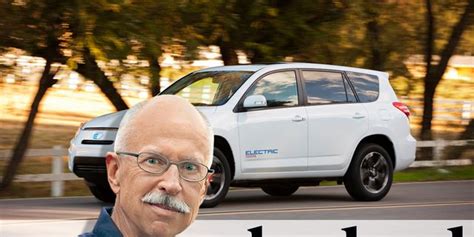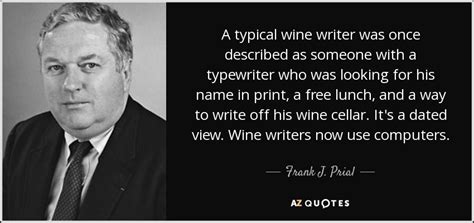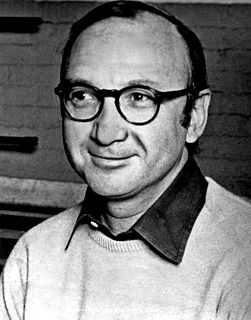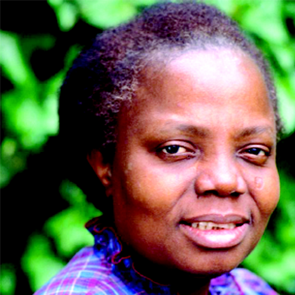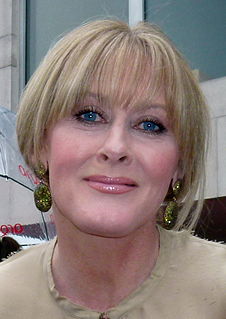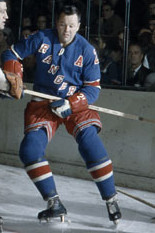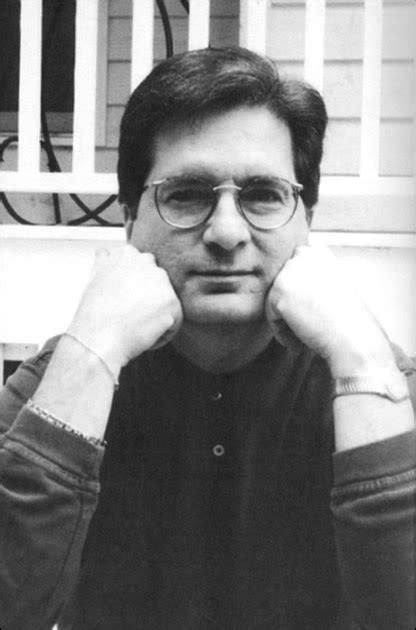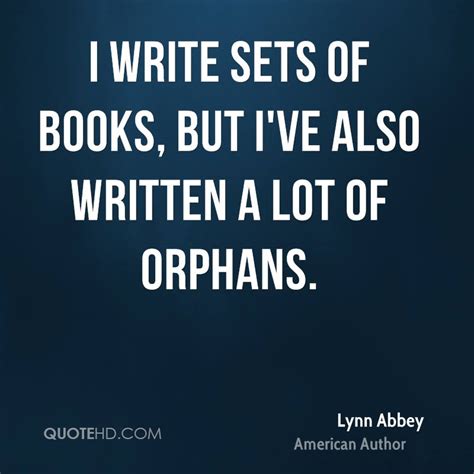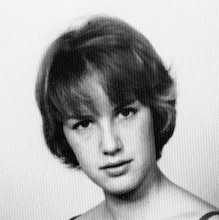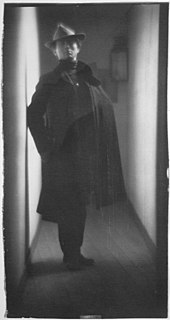Top 311 Typewriter Quotes & Sayings - Page 4
Explore popular Typewriter quotes.
Last updated on April 20, 2025.
I like to believe that I don't think of myself as a writer. I am an amateur. Back when I was teaching, I wrote when I could. Weekends were good typewriter time. Now, it's whenever I feel there's something to be put on paper. I don't care what time it is, though I always write in the notebooks at night.
When you make the film, there's a big difference between when you're in your own home at the typewriter, and when you're standing on a mountain, or on a street corner, and buses are coming by-it's a different reality. You make a million changes that were never in the script, but that reality dictates.
It all depends on what I'm working on and if there is a deadline involved. Anything that's headed toward a magazine or newspaper is hacked out on the computer; that's a matter of efficiency. I write longer pieces of prose on a typewriter because the act of retyping it for the computer is a useful tactic for revision. Poems tend to be written longhand.
If I had my choice, I would be writing by typewriter. I worked on newspapers for 10 years. I typed with the touch system, and unfortunately, you can't keep typewriters going today. You have to take the ribbons back to be re-inked. You have to - it's a horrible search to try to find missing parts. So I went to the computer.
When I'm writing it's as if I'm the observer. It's as if that computer screen there -it used to be the typewriter - just kind of dissolves and there's this whirling tunnel of mist and there's a kind of proscenium arch, and then there are my characters, and they say what they say, and I laugh sometimes in surprise at what they say.
When you're all alone out there, on the end of the typewriter, with each new story a new appraisal by the world of whether you can still get it up or not, arrogance and self-esteem and deep breathing are all you have. It often looks like egomania. I assure you it's the bold coverup of the absolutely terrified.
When I was younger, I dreaded having to write. I would find every possible excuse not to sit down at the typewriter (this was a long time ago). As I've gotten older, I've learned to enjoy putting sentences together, though I still believe that writing, unlike sex, is always better after you're through.




